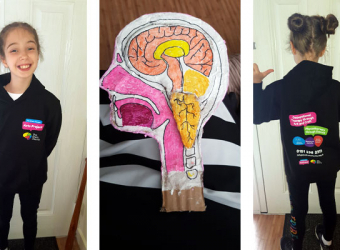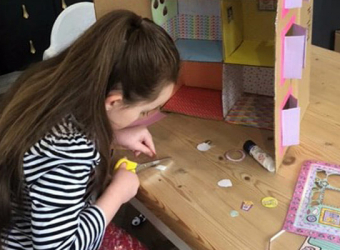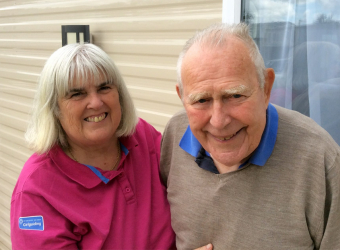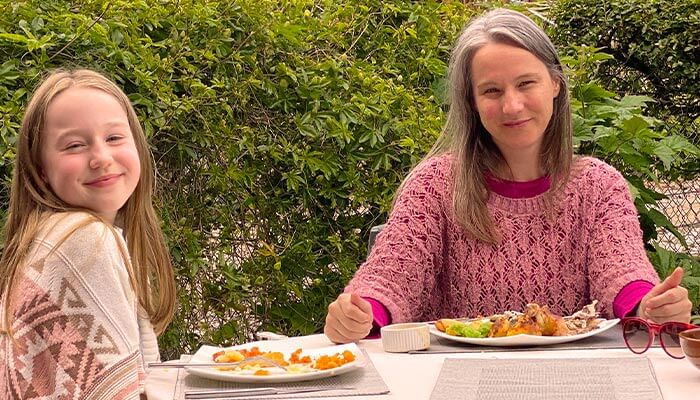
Blossom’s dyspraxia story: “She was falling behind – now she can celebrate her neurodiversity”
Blossom, aged 10, was struggling to keep up in school – often feeling as if she was falling behind the rest of the class. When friends would ask her to come out and play with them, she found it difficult to explain why she was too fatigued and too overwhelmed to join in.
Her family found it difficult at first to get a diagnosis, but Blossom was finally sent to a specialist doctor. In the last two years, the youngster has been diagnosed with joint hypermobility syndrome, where joints can extend beyond a comfortable range of motion causing chronic pain, and dyspraxia, a neurological condition that can affect fine and gross motor skills.
People with dyspraxia can also experience symptoms like confused proprioception, which is when the brain struggles to understand where its body is in its environment, and sensory overwhelm.
Blossom’s mum Helene, 42, said getting the diagnoses was ‘a total relief’.
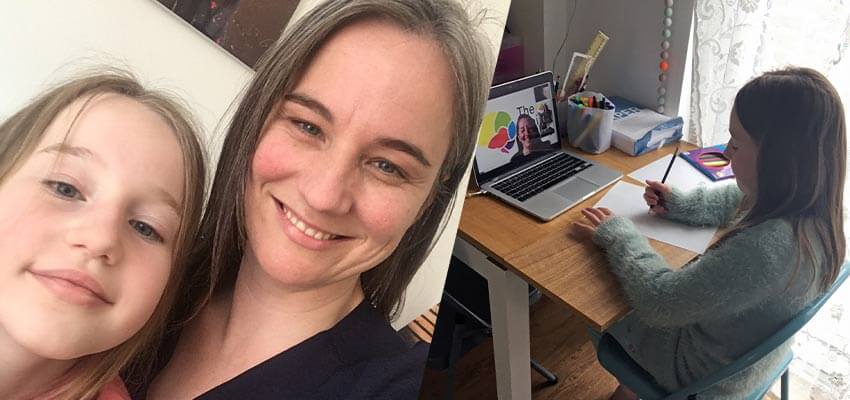
Blossom with mum Helene and taking part in the online Brain Changer Arts Project workshops
She said: “It can be hard to explain to children why Blossom might be tired one day and seem okay the next.
“Especially before, when we didn’t quite know what was going on ourselves.
“[From the point of diagnosis] sanity arrived in our house. I’m gentler with Blossom, and gentle with myself.
“It’s not about the label, but for now we have a way of understanding Blossom and her symptoms.”
Helene, a lawyer, spent a lot of time going to pain clinics herself when she was younger because she suffered from an unexplained fatigue and joint pain, which doctors could never work out despite numerous blood tests.
She eventually got a diagnosis of joint hypermobility syndrome and fibromyalgia in 2018 and understood how important it would be to get a proper diagnosis for her daughter.
Helene said: “These are magic powers Blossom has; that her senses are so deep.
“Of course, that’s going to mean that her senses will get overwhelmed.
“I tried to dull my senses to fit in a neurotypical world, and I’ve dulled my talents.”
After Blossom was diagnosed with dyspraxia, her school put Helene in touch with The Brain Charity.
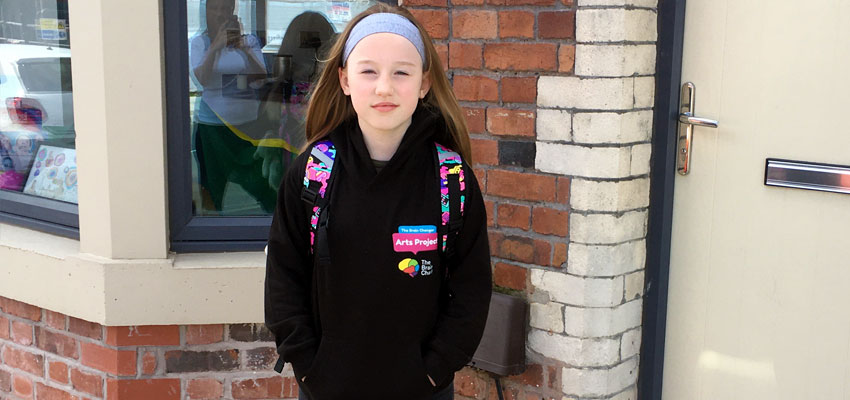
Blossom in her Brain Changer Arts Project hoody
She started taking part in The Brain Changer Arts Project sessions, which combine physiotherapy through dance and occupational therapy through arts and crafts, in June this year.
After the first session, Blossom told her mum that it had been great, adding: “I could just tell they didn’t feel impatient or annoyed. They didn’t even make me feel like I was in the way”.
Helene said her daughter has loved taking part in the Zoom-based classes ever since.
She added: “There was no feeling ‘less than’.
“They didn’t make her feel like they were going out of their way to accommodate her because they just treated her needs as normal.
“Their patience and kindness was amazing.”
Category: Help for children
Published: 15 March 2021




